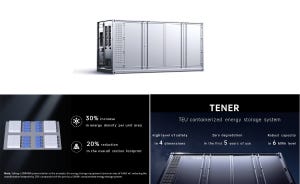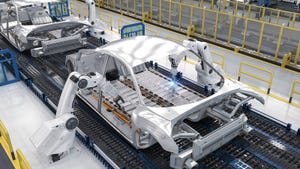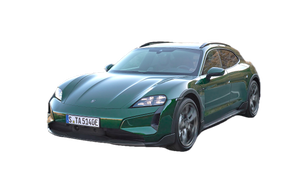FREYR Battery signs first E-Mobility conditional offtake agreement with Impact Clean Power Technology to supply up to 14 GWh of lithium iron phosphate cells.
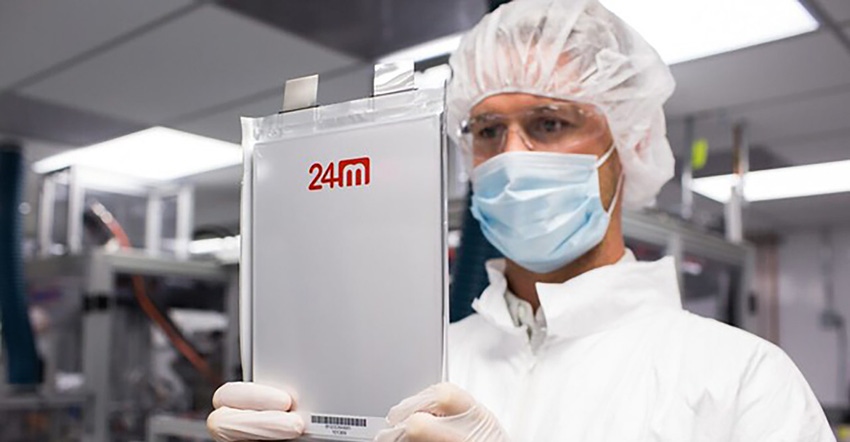
FREYR Battery has announced a conditional offtake agreement (COA) with Impact Clean Power Technology (Impact). Under the agreement, FREYR Battery, a Nordic developer of clean, battery cell production capacity will supply 10–14 GWh of clean, next-generation battery cells based on the their own 24M semi solid technology to Impact ̶ Polish battery system manufacturer for transportation and stationary energy storage ̶ from 2025 to 2030. The LFP cells will be integrated into Impact’s E-Mobility products for use in commercial vehicles as well as other applications.
“This COA with Impact marks our first commercial agreement to produce fit-for-purpose lithium iron phosphate (LFP) cells for the E-Mobility market alongside our already strong traction in the ESS sector. Following today’s announcement, FREYR’s portfolio of offtake and long-term sales agreements now exceeds 130 GWh of production in both ESS and E-Mobility markets through 2030, which demonstrates our growing commercial presence globally,” stated Tom Einar Jensen, Co-Founder and CEO of FREYR.
FREYR intends to supply Impact ̶ with clean battery solutions based on the same battery cell architecture as the ESS products that will be produced at its Giga Arctic battery production facility in Mo i Rana, Norway. The Giga Arctic factory (Giga factory 1 & 2 Combined) is under construction, and it will start production the first half of 2024.
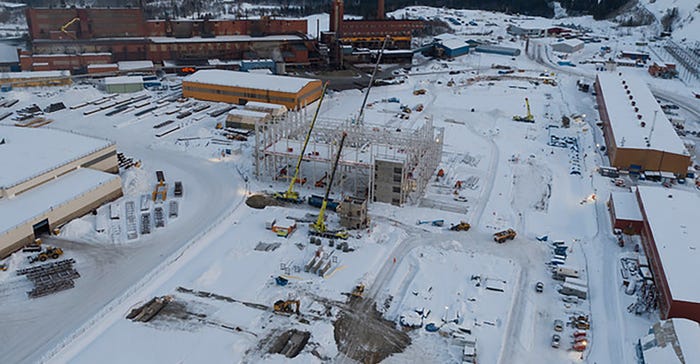
By producing clean, next-generation battery solutions and aspiring to localize and decarbonize supply chains, FREYR is seeking to provide a distinct and competitively differentiated LFP cell offering from conventional technology suppliers based in Asia. FREYR’s LFP cells for the ESS and E-Mobility markets potentially enable lower-cost and more sustainable lithium-ion battery production.
“Impact and FREYR share an ambition to accelerate the urgently required decarbonization of the world’s transportation systems, which as of today account for roughly 25% of global carbon emissions. Commercial vehicles could generate more than 1 TWh of cumulative battery demand on a stand-alone basis by 2030 in Europe and the US to comply with the Paris Agreement 1.5 degrees Celsius threshold. With our low cost and long cycle life LFP cell, produced in our facility powered solely by renewable energy, we expect to support the net zero pathway for a large share of commercial vehicle manufacturers,” Jensen added.
“We sought a sustainable LFP producer in Europe that could supply our facility in Warsaw, aiding us in meeting the growing demand for batteries in the E-Mobility space. In FREYR, we have a like-minded partner that is dedicated to the decarbonization of important sectors like commercial transportation,” said Bartlomiej Kras, CEO at Impact.
According to Precedence Research, the global LFP battery market size was valued at $10.45B in 2021 and is foreseen to surpass around $52.7B by 2030, poised to grow at a compound annual growth rate (CAGR) of 19.7% during the forecast period 2022 to 2030.
About the Author(s)
You May Also Like


